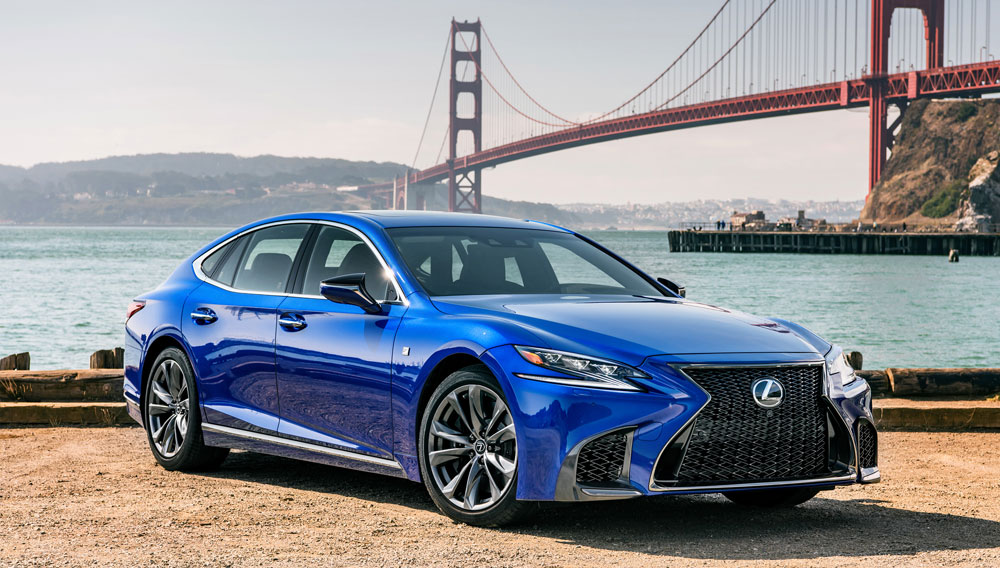There could be multiple new powertrains for the Lexus LS flagship according to an GoAuto interview:
LS chief engineer Toshio Asahi told GoAuto that plug-in hybrid, EV and hydrogen fuel-cell were “all on the table” for potential inclusion in the Lexus flagship in the current generation.
He also revealed that Lexus engineers were working on a more powerful version of the conventional petrol-electric hybrid that is one of two powertrains offered in the new, fifth-generation model in Australia (the other is a twin-turbo petrol V6).
While some pundits were sceptical about the chances of [the full-cell] powertrain making it into production in LS, one Lexus executive at the show told GoAuto that not only was the HFC powertrain expected to go into production but “sooner than you think”.
The fuel-cell powered LS has been a persistent rumor, and would be included as part of the big hydrogen push by Toyota at the 2020 Summer Olympics in Tokyo.
As for the possibility of a “more powerful” hybrid, this would likely have the twin-turbo V6 at its heart — this was mentioned previously by Ben Oliver at CAR Magazine:
The car’s deputy chief engineer told me there hadn’t been time to hybridise the twin-turbo version of the V6 before this car was launched, but the job was now in hand. More torque lower down would probably solve both the refinement and the engagement issues, and make the LS a much better car.
This TTV6 powertrain would be a strong addition to the Lexus hybrid lineup, as hybrid technology would be the perfect antidote to the power delivery lag associated with turbocharging. This would also be an opportunity to shift towards performance rather than efficiency, giving Lexus hybrids a dynamic new personality more in line with the rest of the brand.


Comments